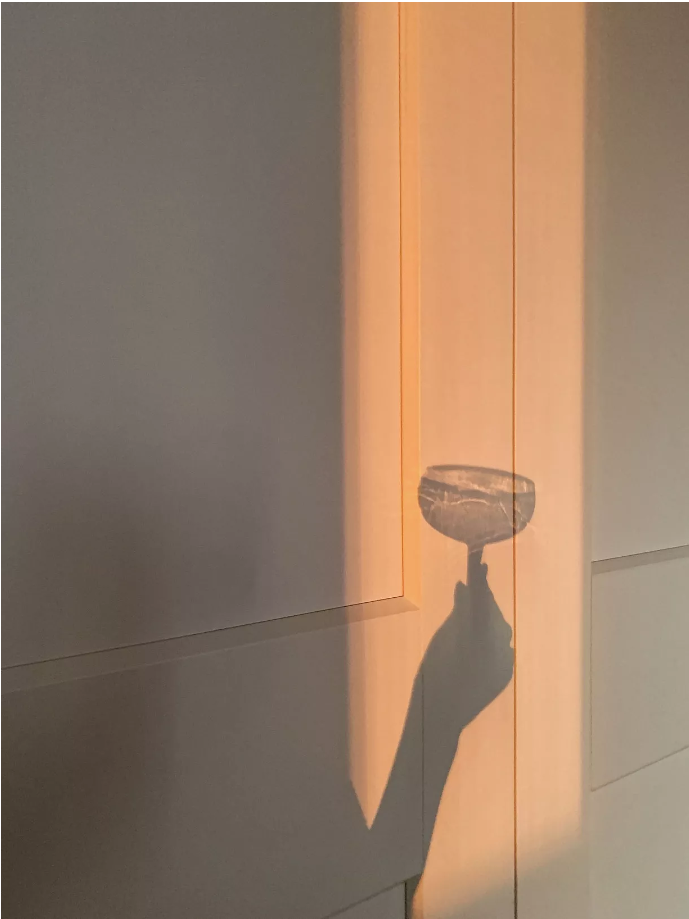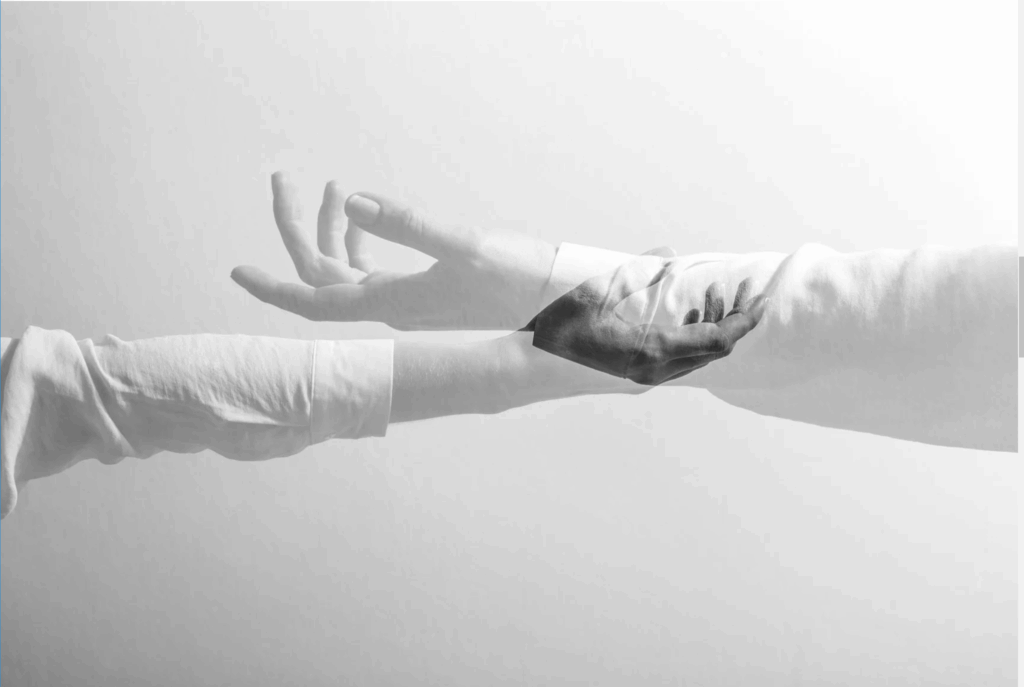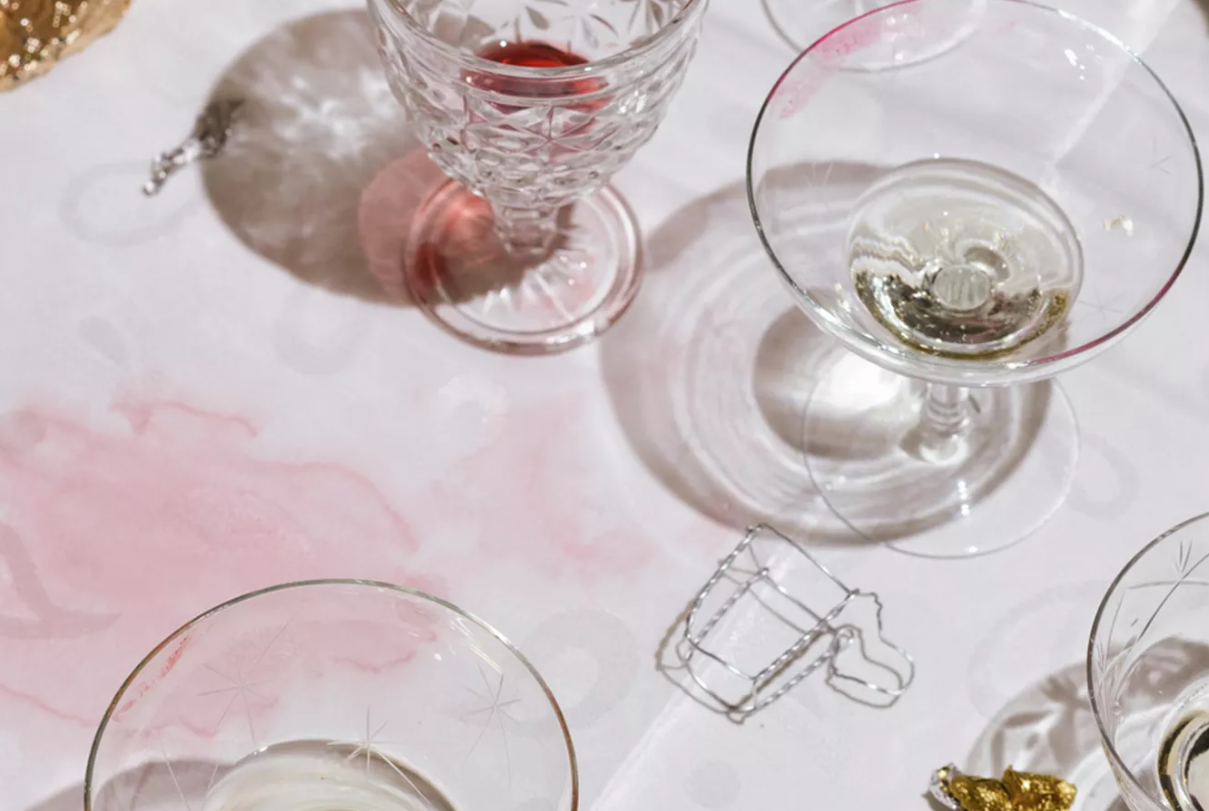My last drink—or, more accurately, my last string of drinks—happened on an unremarkable Friday night in early August. A spontaneous “just one margarita” after work with friends spiraled into several rounds I can’t remember, a blackout, and three full days of nausea that left me curled up in bed, wondering how I had once again done this to myself.
This wasn’t new. What was new was the way it broke me open. For the past year, I had noticed a troubling pattern: every time I drank, my depression deepened. It felt like alcohol was stealing not just my weekends, but my sense of self-control, leaving me riddled with regret and shame.

That Saturday, shuffling between bed and bathroom, I flashed back to college—endless Sundays wasted in the same state, nursing the same pit of guilt. By noon I’d canceled every plan I had, turned my phone on Do Not Disturb, and let the isolation fuel my self-criticism. I hated how predictable it had become: drink, blackout, regret, repeat. By day three, when I finally begged for anti-nausea medication just to function, I was done. I promised myself one month without alcohol. That month quietly turned into two. Then three. Before I realized it, I was staring down a life that might actually be sober.
At first, fear was my fuel. The memory of that August weekend was visceral enough to keep me far from the bar. I expected sobriety to be a miracle cure—wake up one morning depression-free, glowing, transformed. It wasn’t that instant. But little changes started stacking up: waking up clear-headed, following through on plans, watching my skin clear until I no longer needed the acne medication I’d been on for years. For the first time in my adult life, I was starting to understand what it felt like to feel consistently good.
Dr. Nicole Swiner, MD, put words to what I was experiencing: “When you cut out alcohol, you see benefits like weight loss, better sleep, improved focus, and less strain on your liver and kidneys.” I didn’t need a medical journal to prove it—I was living it.
Once I started feeling better, I wanted more of it. I added a daily multivitamin (after years of rolling my eyes at the idea), then a 90-minute walk every morning to hit 10,000 steps. Small, almost boring routines, but suddenly they felt worthwhile.
Of course, the hardest part wasn’t physical—it was social. My closest friends were amazing, celebrating mocktails with me and never pressuring me to “just have one.” But others weren’t so kind. “It’s not forever, right?” people asked, or, “Come on, you’ll have champagne at your wedding.” Even my parents suggested I was “too young” not to drink, as though sobriety were robbing me of fun.
But fun doesn’t have to equal alcohol. And on TikTok—a surprisingly honest place to explore sobriety—I found proof I wasn’t alone. Psychiatrist Daniel G. Amen, MD, often reminds his 1.9 million followers that “no amount of alcohol is good for your health.” His research shows how alcohol lowers blood flow to the brain, correlating with depression and anxiety. That resonated with me. My worst depressions were always post-drinking, and while I still occasionally fantasize about prosecco, his mantra sticks with me: “I love my brain, and I only consume what loves me back.”
Opening up about not drinking also revealed a secret: I wasn’t the only one. Colleagues quietly confessed they’d gone sober years ago. Michelle Katz, a PR professional, told me she simply got tired of hangovers. Jennifer Conlon-Pavelchak, now six years sober, admitted she never thought she had a “problem” until she realized blackouts and regret had become routine. “No more hangovers, no stupid things said—I’m the same person sober as drunk,” she told me.

Hearing that was like exhaling. Maybe you don’t have to hit rock bottom to realize alcohol doesn’t love you back.
Douglas Watters, founder of Spirited Away—America’s first non-alcoholic liquor store—told me something that stuck: “Mindful drinking is about asking, ‘Do I actually want ethanol right now? Or would I prefer an alternative that lets me enjoy the moment without the side effects?’” That simple reframing helped me shift. For years, alcohol was an automatic yes. Now, I get to choose.
Six months in, my “yes” is seltzer with lime. My body feels like mine again. I wake up every day without negotiating with a hangover. And maybe most importantly, I’ve started to treat myself as someone worth protecting.
I don’t know if I’ll never drink again, but I do know this: sobriety gave me back more than alcohol ever offered. And if that makes me “the girl with the mocktail” for the rest of my life, I’m okay with that.

Leave a Reply